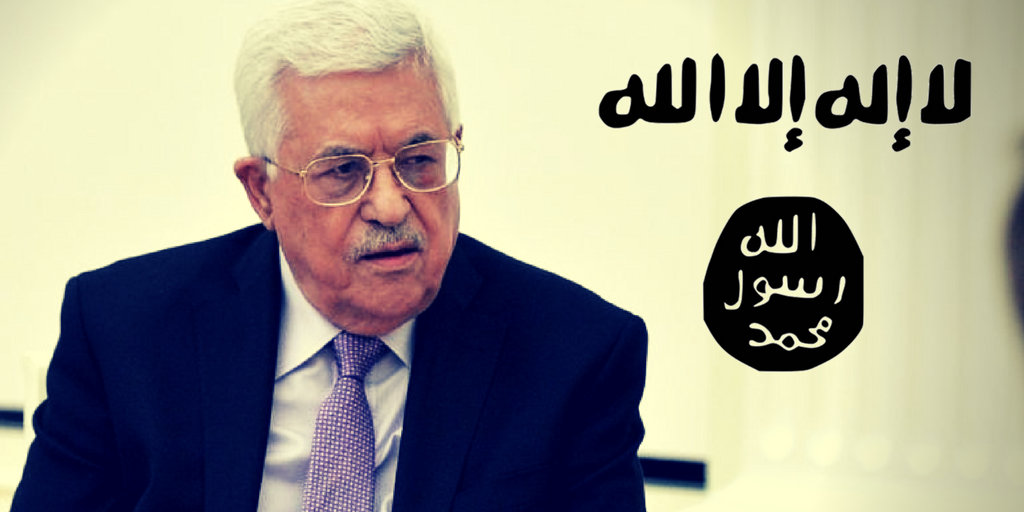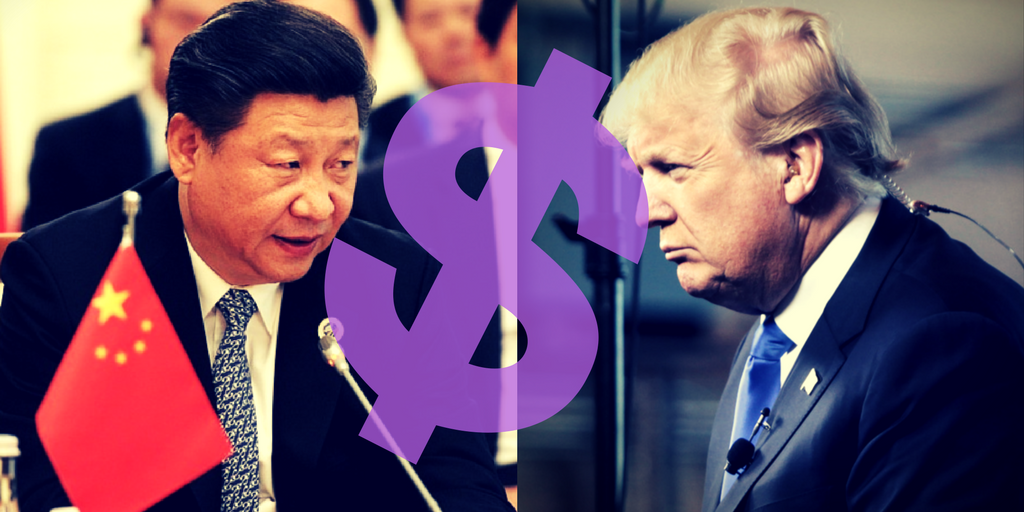Originally Published in NewsMax.
One of the most mendacious and widely propagated myths regarding the Middle East conflict is that Israel’s defensive actions against hostile Arab initiatives, whose sole aim is to murder or maim Jews, simply because they are Jews, constitute “racism.”
The apparent reason for these grave accusations is rooted in the fact that some of the coercive measures, necessary for the effectiveness of these defensive Israeli actions, are carried out differentially (and therefore, allegedly, discriminately) against Palestinian Arabs, on the one hand, and Israeli Jews, on the other.
Even Democracies Have Enemies
Of course, in principle, the claims that counter-offensive actions by a given collective, against hostile initiatives of an adversarial collective, are tainted by some sort of improper, indiscriminate group prejudice against that collective, are clearly unfounded — conceptually, morally, and practically.
In the particular case of the Israeli-Palestinian clash, such claims are even more baseless.
After all, to call on any collective entity to treat a rival entity, with which it is engaged in violent conflict, in precisely the same way that it treats its own members, is not only patently irrational, but also patently immoral. For, in effect, it includes the inherent demand to forgo — or at least, to gravely curtail — the right of self-defense, i.e. the right to protect both the collective and its members from the aggression of the rival entity.
To the best of my knowledge, there is nothing in the theory of democratic governance that precludes the possibility of a democracy — even one totally devoid of racial prejudices — from having enemies. Likewise, there is nothing to preclude the possibility that the ethnic identity of the enemy entity will differ from that of the majority of the citizens of the democracy.
No Ethical Flaw in Identifying the Enemy as the Enemy
So, does this mean that measures intended to thwart, deter, or punish aggressive acts against a democracy — and/or its citizens — violate some hallowed rule of proper democratic conduct? Moreover, how is it possible to claim any ethical flaw in the behavioral code of a democracy when it identifies its enemy as an enemy, and treats it as such?
When couched in these terms, the answers to these questions seem simple and straightforward — indeed, almost self-evident.
Sadly, however, this is not true with regard to Israel — especially when it comes to the conflict with the Palestinians.
In this conflict, democratic Israel is confronted with a bitter and irreconcilable adversary that harbors a profound desire to inflict harm on the Jewish state and its citizens — a desire, which is, for all intents and purposes, its very raison d’ etre.
Certainly, by the declarations of its leaders, the text of its foundational documents, and the deeds of its militant activists, the Palestinian collective has unequivocally defined itself as Israel’s enemy.
Accordingly, it would be wildly unreasonable to expect Israel to restrict the measures it employs to counter Palestinian enmity, to measures it employs against its own citizens — who harbor no such enmity!
Arab Enmity Not Arab Ethnicity
This, then, is the context, in which the various countermeasures that Israel undertakes against the members of the Palestinian enemy collective — but not against its own citizens — should be perceived — such as: travel restrictions on certain roads; intrusive security inspections at roadblocks and checkpoints; preemptive administrative detentions; demolition of convicted terrorists’ homes; dawn raids on households suspected of harboring members of terror organizations; and so on.
However, the enforcement of these coercive counter measures is not motivated by any doctrine of racial superiority, but by well-founded security concerns for the safety and security of Israel’s citizens — concerns that are neither the product of mere arbitrary malice, nor of some hate-filled delusional prejudice. To the contrary, they are the result of years of bitter experience, of death and destruction, wrought on the Jews by Arab hatred.
Of course, one might dispute the wisdom, the efficacy and/or the necessity of any — or even all — of these measures; but not the reason behind their use. This is, without a doubt, due to Arab enmity — not Arab ethnicity.
Accordingly, Israel would do well to clarify, forcefully and resolutely, this simple truth, which has been either unintentionally forgotten or intentionally obscured: Identifying one’s enemy as the enemy is not “racism” — it is merely an imperative dictated by common sense and by a healthy instinct for survival.





